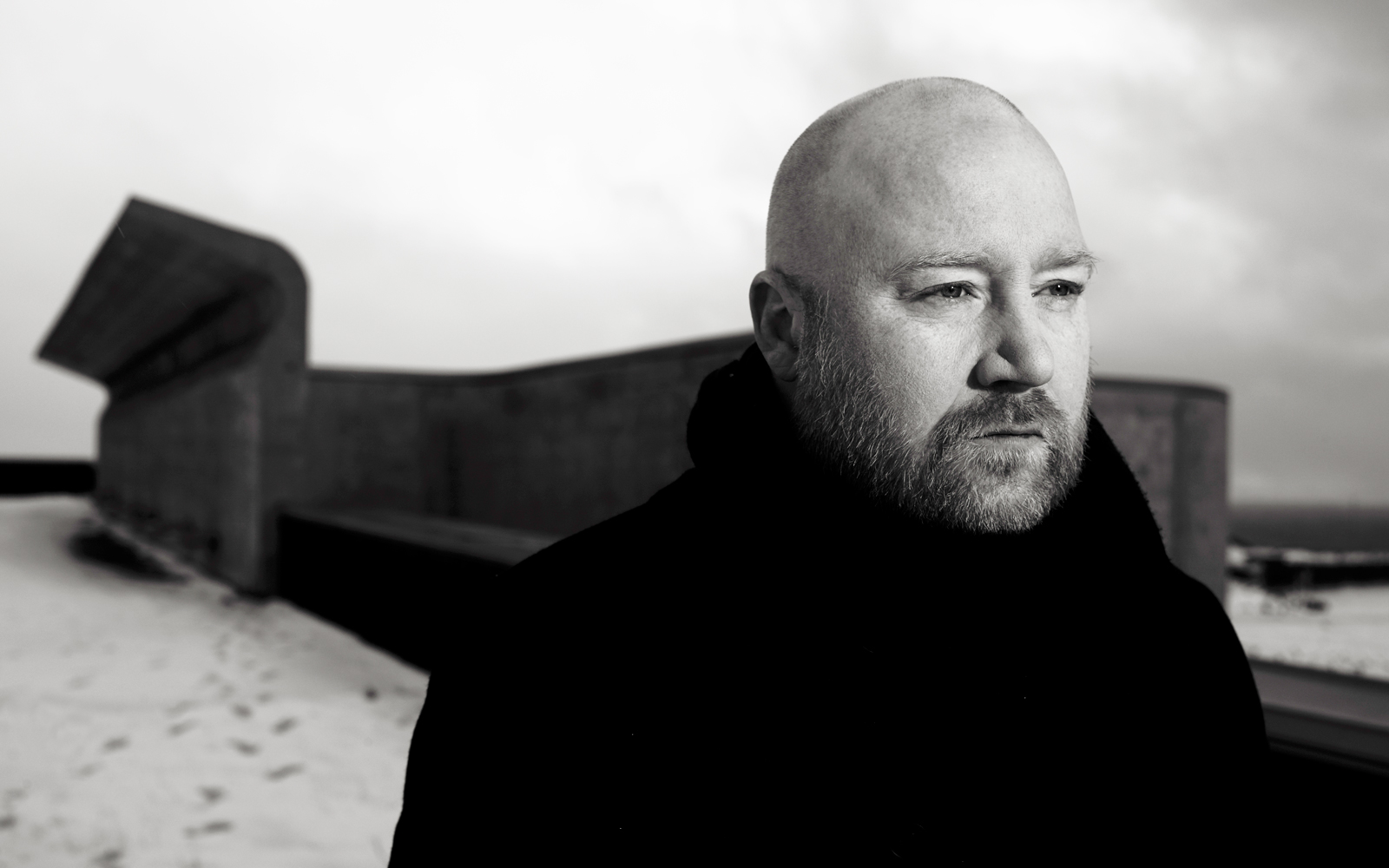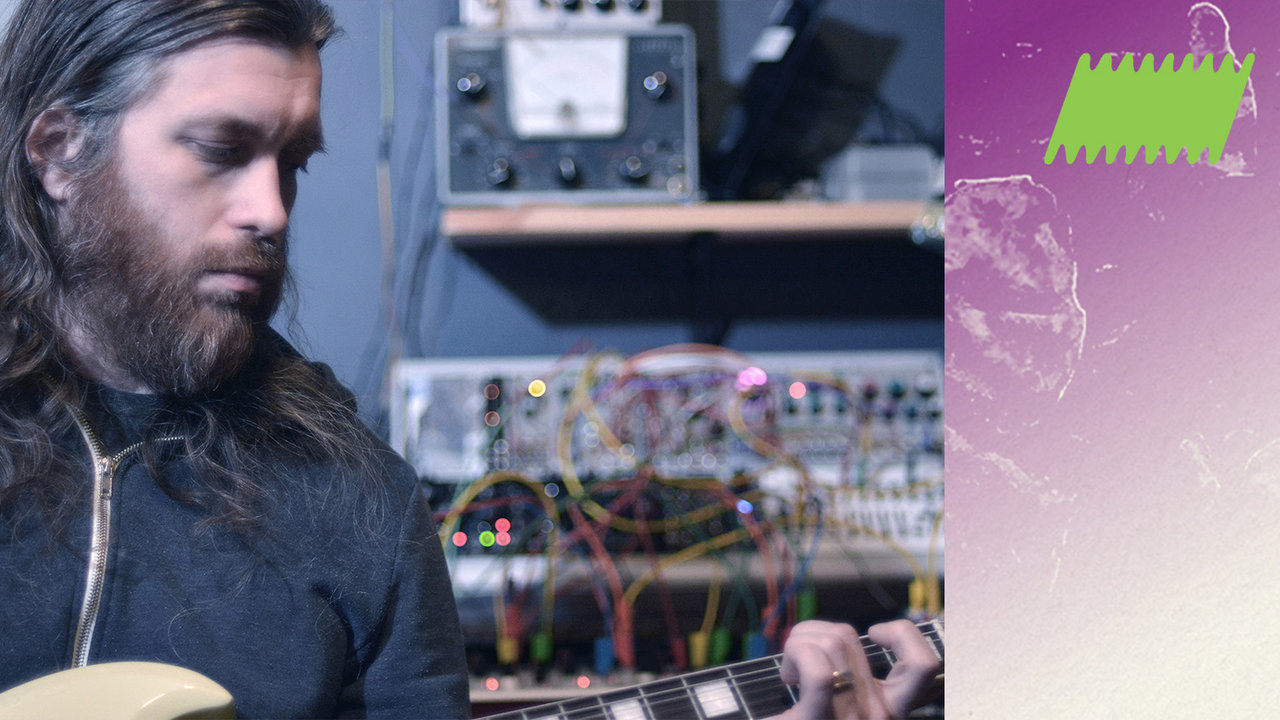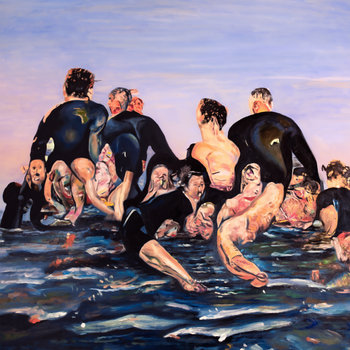
When composer Jóhann Jóhannsson died tragically and unexpectedly at the age of 48 in early 2018, the music world lost not only the most accomplished soundtrack composer of the second decade of this century but also a true pioneer. The last 25 years or so of music have featured a still-ongoing return of ancient drone traditions to Western classical composition, often via electronic means. The sound of all this is often like viewing the slow merging of galaxies; Jóhannsson is one of the first major voices working in this style, and his music reflects the quality of massive luminous objects floating through vast spaces.
A native of Iceland, Jóhannsson cut his teeth playing in and producing shoegaze and indie rock bands. He was one of the founders of the multidisciplinary arts collective Kitchen Motors, and the fusion of styles and ideas that the group promoted seems to have been the catalyst in Jóhannsson finding his musical voice. From his first album on, Jóhannsson’s blend of acoustic instruments and electronic sounds and processing, his slow, minimalist repetitions that sound both contemporary and medieval, and the granitic pull of a drone underneath was evocative and vibrantly pictorial. That his stand-alone music and film scores sound like pieces of the same, large body of work is a testament both to the quality of his composing and the compelling nature of his voice, which was strong enough to draw filmmakers like Bill Morrison, Panos Cosmatos, and Denis Villeneuve. Nearly Jóhannsson’s entire discography is available on Bandcamp.
Here are some of the highlights.
Jóhann Jóhannsson
Englabörn & Variations


Englabörn, from 2002, was Jóhannsson’s first release, later reissued as Englabörn & Variations when the composer signed with Deutsche Grammophon, the famous classical music label. (The music was written for a play of the same title, and Jóhannsson later added a set of variations on the original idea.) The musical clarity of every moment channels uncanny, mysterious feelings.
The Miners’ Hymns (Original Motion Picture Soundtrack)
One of Jóhannsson’s greatest works is a movie soundtrack, which inaugurated his brief and concentrated period as one of the finest contemporary soundtrack composers. The music was written for a documentary about coal mining in northern England by Bill Morrison, a filmmaker who creates wordless movies out of found archival footage. The score is contemplative and sorrowful without being despairing and stands on its own as a powerful work, a great contemporary concerto for organ with orchestra.
Arrival (Original Motion Picture Soundtrack)
Jóhannsson scored three movies by Villeneuve: Prisoners (2013), Sicario (2015), and the great science fiction movie Arrival (2016). While his scores for Sicario and The Theory of Everything were nominated for Oscars, Arrival was declared ineligible because it also used a Max Richter piece (not included on this album). Still, this might be Jóhannsson’s finest score, full of imagination and fantastic manipulation of vocals and language. Like The Miners’ Hymns, it’s fully satisfying on its own, but when experienced as part of the movie, it blends into the full experience as the music and the sounds of an alien language meld into one.
Jóhann Jóhannsson and Yair Elazar Glotman
Last and First Men (Original Motion Picture Soundtrack)
Reaching back to his Kitchen Motors days, Jóhannsson himself directed this film adaptation of Olaf Stapledon’s important science fiction novel. It was Jóhannsson’s directorial debut, released posthumously in 2020. Tilda Swinton narrates this story of the state of mankind, billions of years into the future. As the camera glides slowly across stone monuments and empty spaces, the BBC Philharmonic plays the orchestral score, the music sliding and rising like tectonic plates.
Jóhann Jóhannsson
Orphée
This is not a traditional film score, but rather a multi-movement chamber work that is, in a sense, an alternate soundtrack to an existing film. The title refers to the famous myth of Orpheus, but the music is a direct response to Jean Cocteau’s surreal and poetic modernization of the myth on film, Orphéee (1950). The music outlines still circles in time, swelling to majestic climaxes while mysterious voices appear and disappear like the fugitive memories from the film.
Drone Mass
This is probably the apotheosis of Jóhannson’s musical thinking, at least what he left with us before his premature end. As the title declares, this is the musical ritual of the mass in drone form. Performed by the outstanding vocal ensemble Theater of Voices and the equally fine new music group ACME, it is Jóhannsson at his best, compressing medieval ideas of structure and harmony into contemporary post-minimalist and emotional sensibilities, wordless and all the more expressive because of it. Although deeply sad because there is no more to hear from Jóhannsson, it is equally triumphant.







